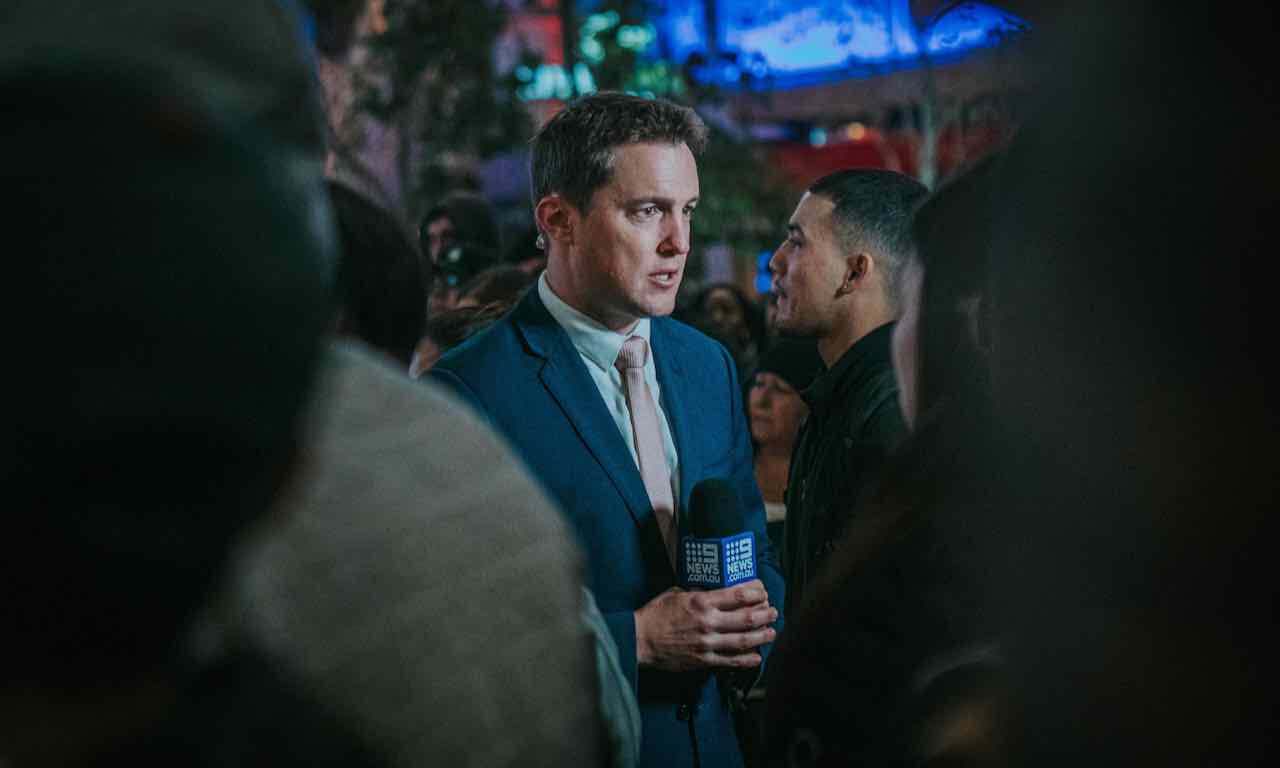Media Interviews: From Good to Great
As I approach the end of my 15th year of media training across Canada, I've decided there are really three things that matter for anyone who does media interviews.
Like anything, experience helps, but preparation and the person's outlook are maybe even more important.
Preparation is Key
Like a team getting prepared to play a big game, the work you do to prepare for a media interview is incredibly important. As a matter of fact, if you do the proper preparation, even if you don’t have a lot of media experience, I can almost guarantee you’ll do at least a good interview.
What is proper preparation?
I find many people spend time preparing, but don’t do it correctly. They might get a list of key messages to use by their communications people, but there often is a disconnect between those messages and how they should use them.
I find the best way to prepare is to spend a few minutes thinking like a reporter and asking yourself what questions you’re going to be asked. Make a list of those questions and start by concentrating on the obvious questions that relate to how the issue will affect others, such as taxpayers.
Always think about tough questions a reporter could ask and get ready for them. In fact, take some extra time developing answers because if you get one of those questions and you’re not prepared, the result could be really damaging.
The biggest thing to understand is, if you know what you are going to say before you say it, you’ll say it better.
Experience Counts (But it's Not Everything)
When I do media training, I often find the people who do better interviews are those who have some media experience. They have done a handful of interviews in the past and understand doing interviews isn’t all that difficult, once they know how it’s done.
One question I get asked all the time is how media interview rookies can control their nerves before and during the interview. Basically, they psyche themselves out and convince themselves they won’t do a good job. I have no magic pill or quick fix for nervousness. Typically, people who have media experience are less nervous, but if you don’t have that experience, then preparation becomes even more important.
I do think that proper preparation trumps experience when it comes do doing media interviews. I would rather see an inexperienced, but well-prepared person do a media interview than somebody who has done a number of media interviews but hasn’t prepared for the one they’re about to do.
The problem with experience is it’s a chicken and egg thing. It’s like a young person trying to break into the work world. It’s difficult to get experience if companies are only looking for experienced people.
If doing media interviews is something your organization does, let your boss or communications people know you’re interested and get some media training to help you prepare. It also helps to read good books on the subject (shameless promo).
Be Positive
While it may be hard to get experience doing media interviews, having a positive outlook to do media interviews is something everyone can do.
Far too often I find people getting prepared to do one of their first media interviews look at it the wrong way. They’re worried about messing up, embarrassing themselves and their organization and having a negative experience.
That’s the wrong approach. Look at it as an opportunity. It’s your chance to tell your story and/or the story of your organization to a large audience.
Rather than just answering the reporter’s questions, go into it with a game plan and take the interview in the direction you want it to go. As an example, in your preparation you may want to talk about a new program or service your organization is offering. Find ways to steer the discussion where you want it to go.
You need to be aggressive during media interviews. Find ways to talk about what you want to talk about during the interview and not necessarily what the reporter wants you to talk about.
I did a quick video showing you how you can do this.
In summary, if media interviews are something you want to do to help your organization and your career, get some training, learn how to prepare and practice doing a few interviews.
It’s like anything else – you get better by doing.


Commentary